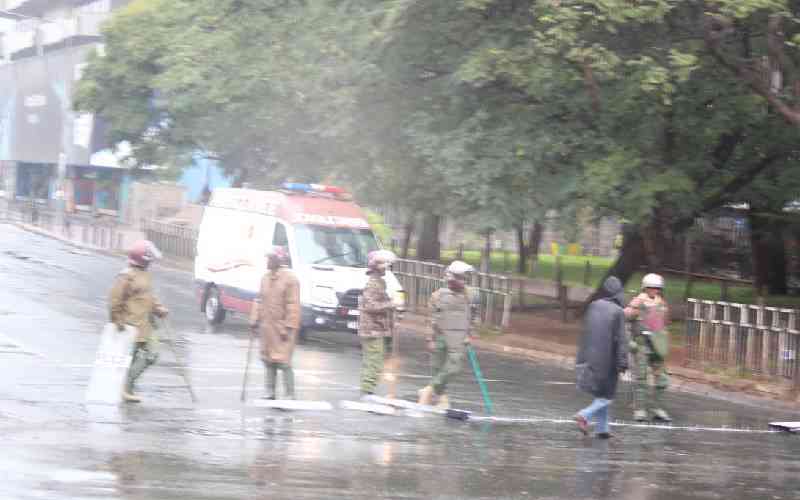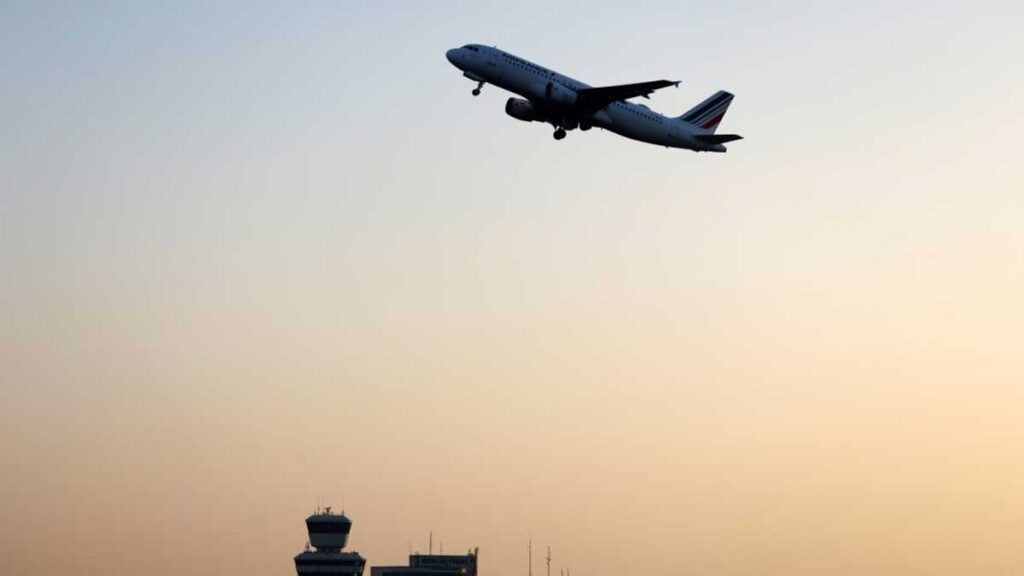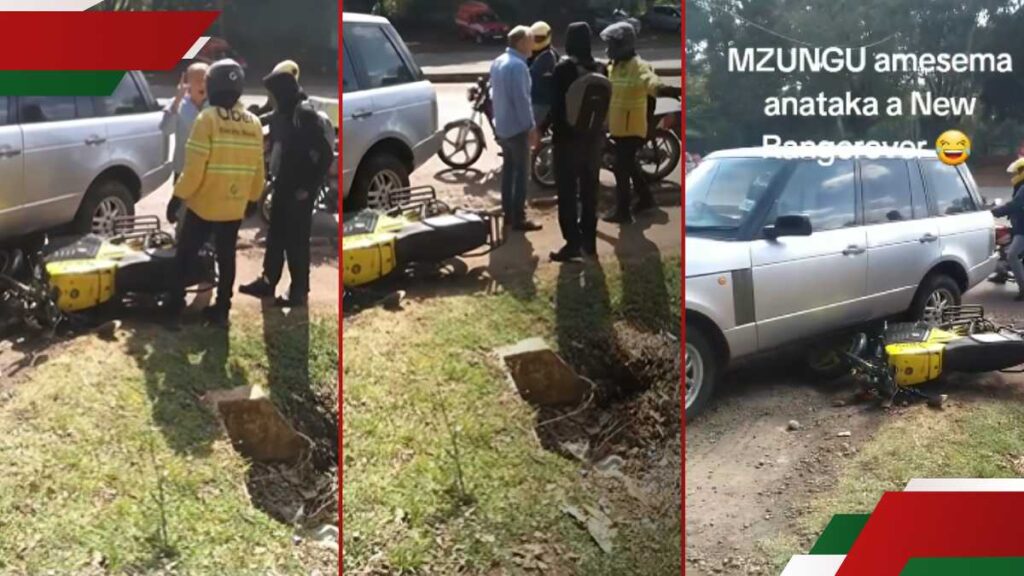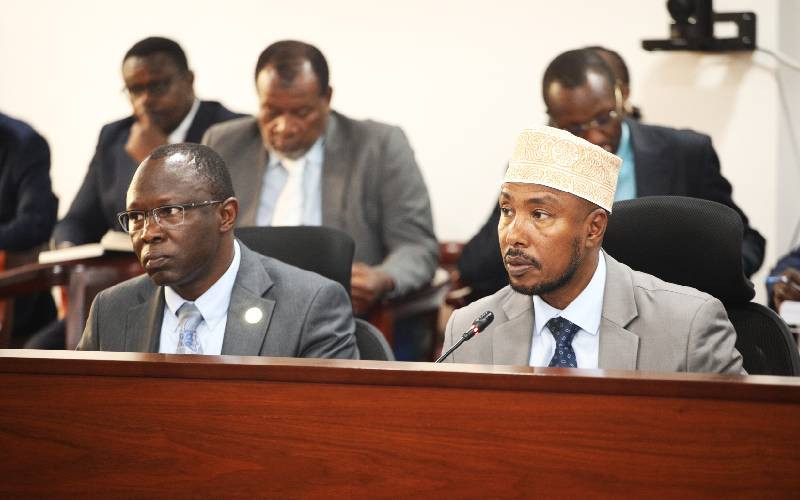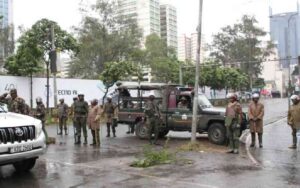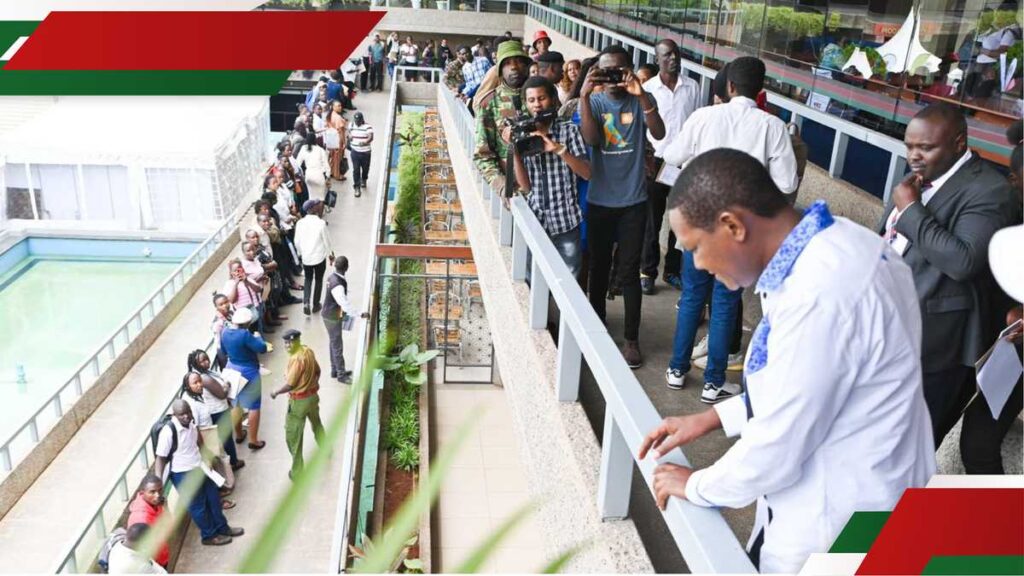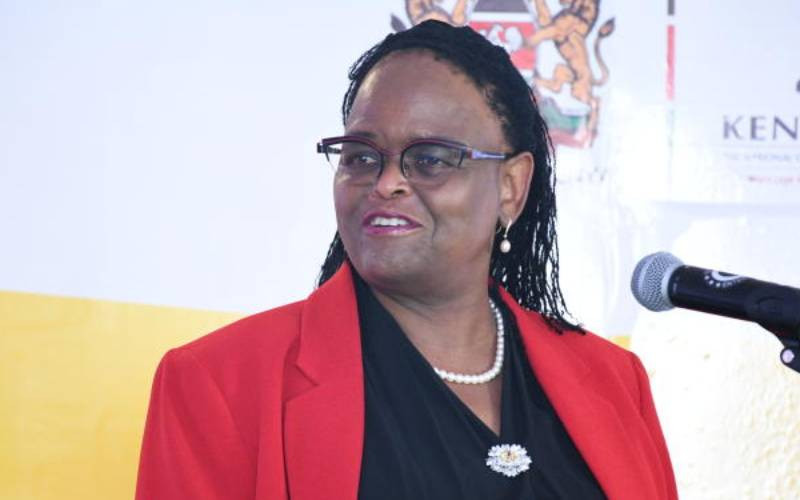Doctors have pleaded with the police to provide free passage and escort for vehicles and ambulances transporting pregnant women due for delivery during the Saba Saba unrest witnessed today.
The doctors, under the Kenya Obstetrical and Gynaecological Society (KOGS), have said such measures would help prevent avoidable maternal and neonatal deaths.
KOGS President Dr Kireki Omanwa emphasised that maternal and child health must be prioritised, as any delay in accessing care can result in tragic outcomes.
“We haven’t had deliveries on the road yet, but during events like Saba Saba or maandamano, our greatest concern is the closure of major roads, which may hinder access to reproductive health services in hospitals,” said Dr Omanwa, an obstetrician and gynaecologist.
“Some women may be forced to deliver in unsafe conditions, putting their lives and those of their newborns at serious risk,” warned the expert.
Delay in having pregnant women deliver, more so those in need of emergency care, is a threat to lives, he said.
Data by the Ministry of Health shows that every day, at least 10 women die in Kenya while giving birth, with a total of 6,000 to 8,000 maternal deaths reported annually.
The leading cause of maternal deaths in Kenya includes postpartum haemorrhage (PPH), the highest contributor.
Others include hypertensive disorders such as eclampsia, uterine rupture, sepsis — including infections that occur following miscarriage — and obstructed labour.
Also, neonatal mortality rate stands at 21 deaths per 1,000 live births, translating to approximately 29,000 neonatal deaths annually.
“Giving birth cannot be controlled. When it’s time for the baby to come out, they will. This is why we need to be keen to have women get to hospital as quickly as possible for their safety,” said Omanwa.
He added, “When a woman develops complications like bleeding, her life can only be saved if she gets quality services provided by a skilled healthcare provider.”
Hospitals also have the technology and medicine required to save lives at birth.
Further, the expert pleaded with the Ministry of Health to coordinate ambulances, to have them in strategic places for rescue and referral services.
Stay informed. Subscribe to our newsletter
Amid chaos that has in the past been reported, he said there is a likelihood of transport services being affected.
“Unfortunately, ambulances can be affected. Some services should be given priority and protection by police so they can ferry mothers and expectant mothers to hospitals,” added Omanwa.
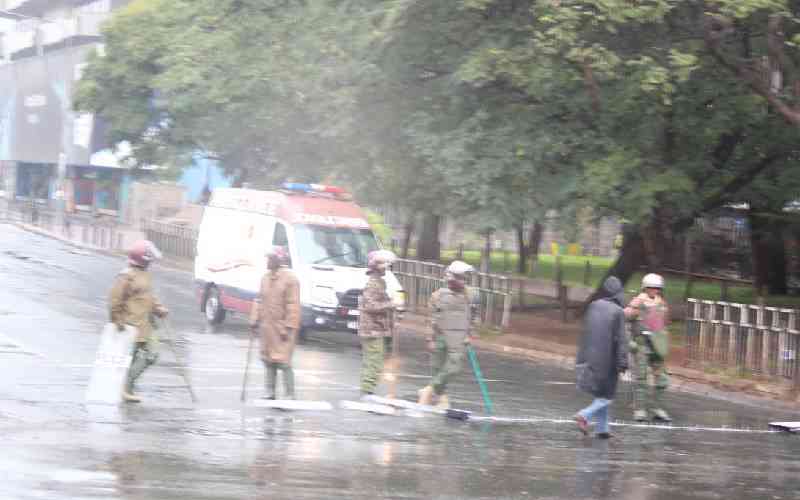
A check by The Standard early morning revealed most of the roads in Nairobi had been blocked.
Roads heading to the Central Business District (CBD) had also been barricaded with heavy security deployed.
Both public and private vehicles were not given access to the CBD, including respective roads to and from Nairobi city.
Among routes closed was the Nairobi–Nakuru highway, a road that mainly ferries patients in need of specialised healthcare to Kenyatta National Hospital (KNH).
Omanwa noted that apart from pregnant women, the majority of patients in need of healthcare suffer during demonstrations and skirmishes.
Some people, he said, die before being attended to, due to the severity of injuries.
“Generally, in war or demonstrations, a lot of young people are injured, some die — this is not good for our country and our image.
There are better ways of resolving the issues affecting Kenya. What we are experiencing has a negative impact on Kenyans. This affects workers as well, because they have to travel to hospitals. If healthcare workers are not available, and patients come, they will not be assisted — they shall die,” regretted the expert.








